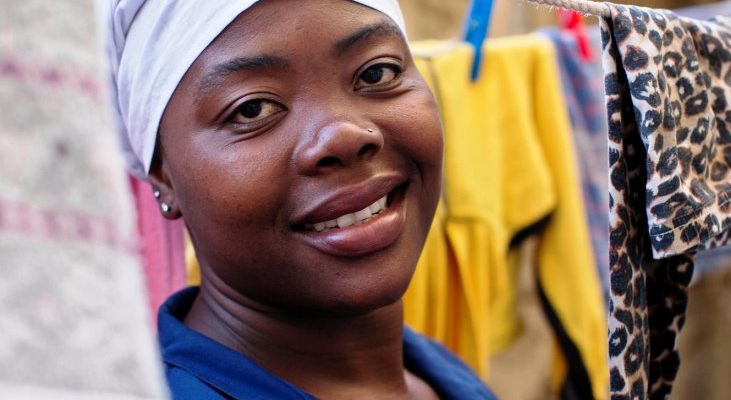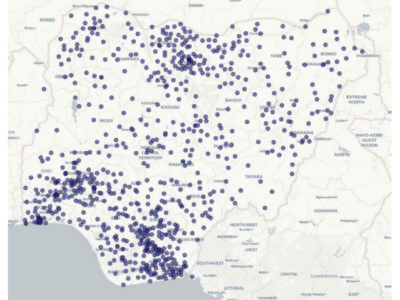New research from Caribou Digital highlights the powerful voices of young, female gig workers and online small business owners in Ghana, Kenya, and Nigeria and has revealed that gender plays a significant role on digital platforms.
The work published by Caribou Digital, in partnership with Mastercard Foundation, Lagos Business School, University of Ghana, Lagos Business School, Qhala, and Value for Women, shows that platform work and sales can be both empowering and exploitative for women. But ultimately, young women are hopeful in leveraging platform livelihoods for a brighter future.
RELATED: Angel Fair Africa: Female investors to back 12 African tech ventures
Reflecting on the COVID-19 pandemic, during which the research was conducted, women voiced how it introduced an extra burden on them, often expressing that they did not have enough support. Despite such setbacks, women explained how they were able to invest time to retrain and innovate, using methods such as taking social media marketing classes, and making the most of the opportunities presented by platforms.
Women also expressed that platforms need much stronger regulation, calling for corrections to algorithms that are discriminatory to women, the provision of more safety and protection to women, and the implementation of stronger gender-inclusive policies. Value for Women found that for platforms in Kenya and Nigeria, the positive intentions of platforms are not always reflected in practice. Women also spoke of the power of collectives and unions to discuss change with platforms and highlighted where platforms must improve women’s experiences.
Additionally, while several governments across Africa are launching youth employment initiatives, Caribou Digital’s research found that it is also important for leaders to work with platforms to specifically support young women.
Some of the women interviewed for the research shared their stories in self-shot video diaries, led by Nairobi-based Story x Design. This opened the door for women to share the issues that were the most important to them. For example, Jackline, who owns a Nairobi-based chapati-making business run mainly through social media, talks about harassment online, but also says she’s now earned respect, become independent, and more time with loved ones.
Zumunta, an agri-tech entrepreneur in Nigeria talks about how it is extra hard to get land for storage as a woman, but how proud she is of African-built platforms, like Jumia. She said “I think we have a chance as Africans, not just re-writing history, but creating it. My generation is building it. Whatever the next 30 years look like, it’s being built by Africans. Young Africans.”
This gender-focused study is part of Caribou Digital’s broader “platform livelihoods” research – working, renting, trading and creating online. Platforms from Airbnb to Uber provide women with extra income, the opportunity to diversify income streams, a sense of independence, and flexibility in work among many other benefits.
COVER IMAGE: Africa Is a Country





























